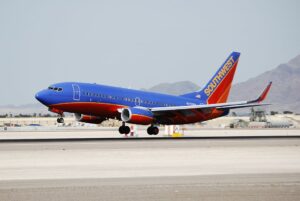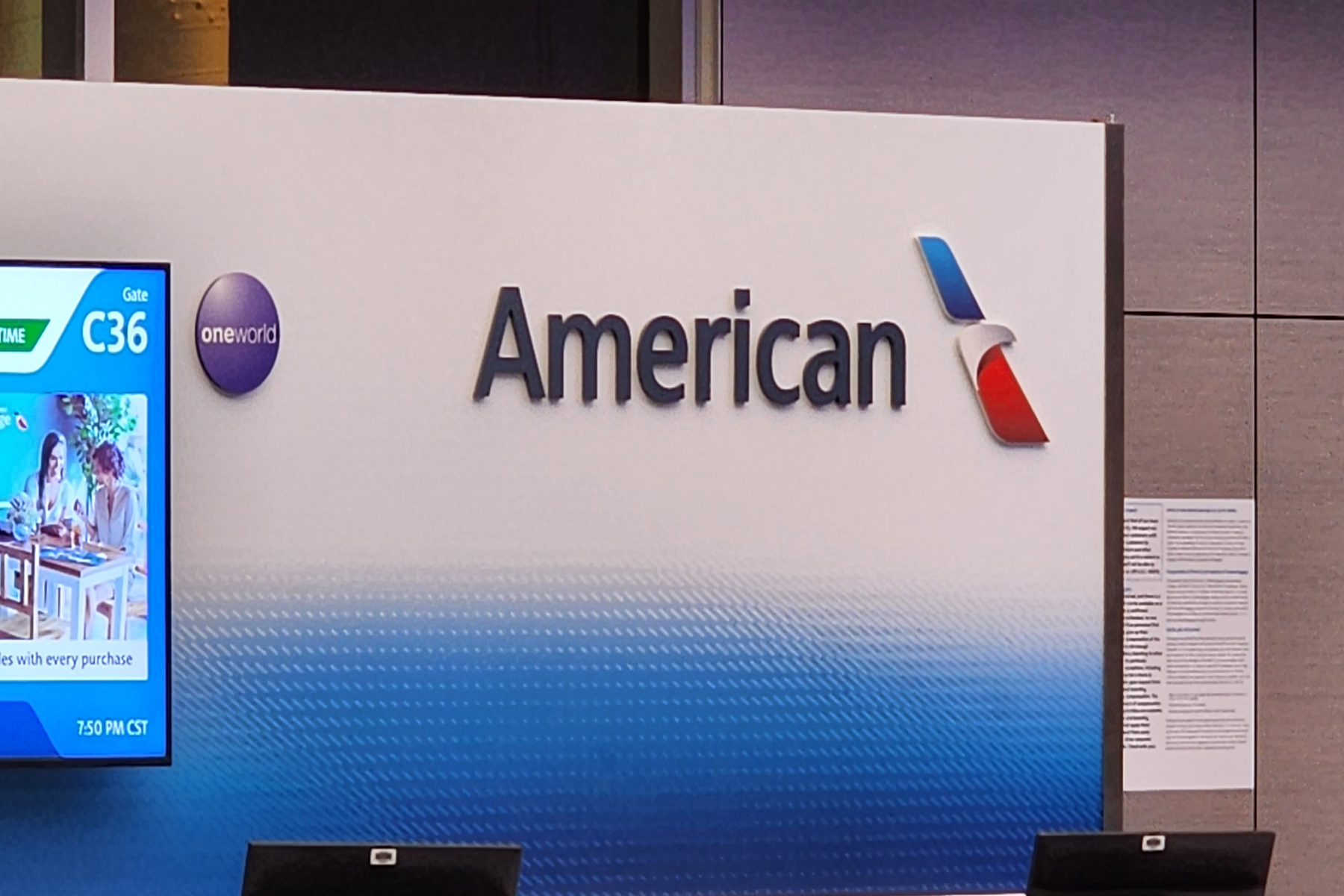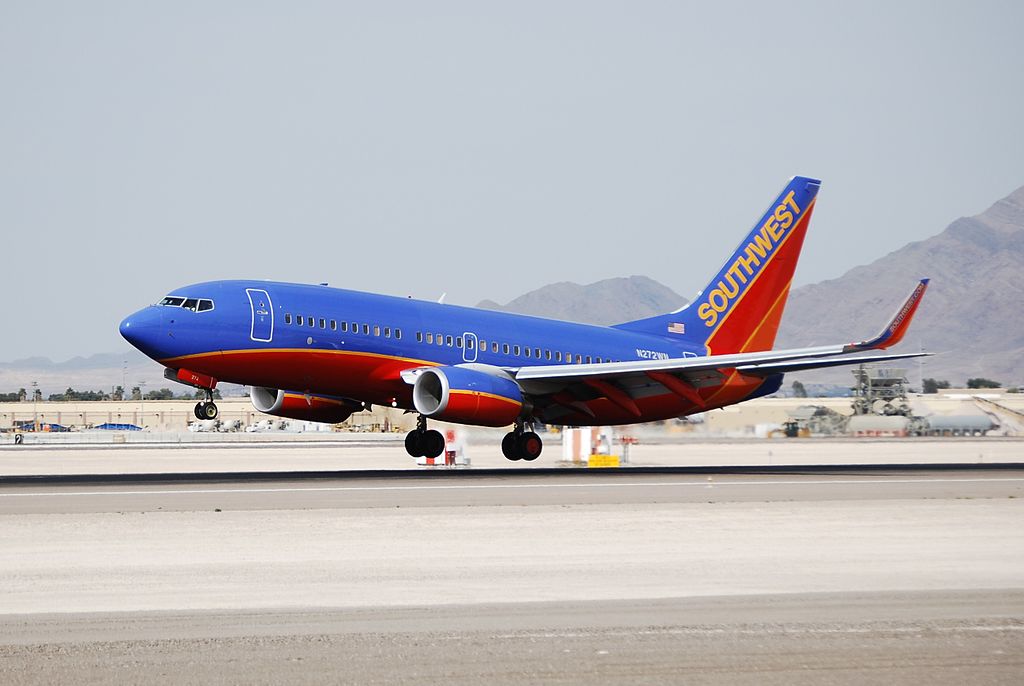We May Just Have to Deal With Fake Support Animals on Planes

Airlines, landlords, business owners and even state legislatures are clamping down on people who abuse legal protections for emotional support companion animals in order to bring their household pets to places where they might otherwise be denied entry, but in many cases, federal penalties for denying a legitimate support animal could make those efforts risky.
Attempts to curb the abuse of legal protections for support animals are gaining support at the state and local level, but federal rules could make denying access to emotional support companions a costly mistake if it is determined that the action violated the rights of a person with less obvious disabilities. So far, federal lawmakers and regulators appear reluctant to address the issue at all.
For years, the airline industry trade organization Airlines for America (A4A) has complained that federal protections for emotional support animals were nebulous and confusing, making it nearly impossible for airlines to set policies to ensure that passengers aren’t gaming the system. Airlines have been in the unenviable position of having to balance the consequences of erring on the side of diplomacy when it comes to calling out a potentially dubious emotional support animal claim or facing the backlash when denying boarding to animal companions.
“We’re not asking the DOT [Department of Transportation] to get off our back. In some cases, we’re asking that they increase or clarify rules and regulations, so we can improve our service,” the lobbying group said in a 2018 release. “Vague regulations create challenges for airlines to provide the travel experience our passengers expect and deserve. The DOT providing [sic] a better understanding on issues like the definition of service animals, or what they mean when they direct prompt service for disabled passengers, allows our industry the opportunity to improve. We’re not trying to charge for these things or mitigate costs. We want to have a better understanding, so we can provide better service to communities that deserve every consideration.”
The New York Times reports that state legislatures are increasingly jumping into the fray. A new law in Virginia makes it easy to prosecute websites that offer fraudulent emotional support animal certifications for a fee. Oklahoma recently passed legislation that affirms a business’ right to prohibit so-called emotional support animals. In Utah, it is now a crime to falsely represent one’s pet as a service animal or emotional support companion.
Federal officials, however, are warning that state laws will offer little protection for those who run afoul of federal laws designed to protect the rights of the disabled. Although the Americans with Disability Act protects the right to have a trained service animal, the existing laws do not offer those same protections for emotional support animals. Federal fair housing laws, on the other hand, have been interpreted to prohibit discrimination against those in need of emotional support animals. The Air Carrier Access Act (ACAA), which again trumps state and local laws, specifically prescribe that airlines not prohibit passengers from bringing certified emotional support animals on planes with them.
Airline officials say that the current murky rules harm the very passengers they were designed to help in the first place. The carriers say that not only does the upswing in questionable claims about emotional support animals’ bonafides create extra hurdles for those in need of trained service animals, but note that guide dogs have actually been attacked and harassed on planes by untrained companion animals. Unfortunately, the trend towards tightening the rules at the state level will do very little help in these circumstances.
“The rise in serious incidents involving animals in flight leads us to believe that the lack of regulation in both health and training screening for these animals is creating unsafe conditions across U.S. air travel,” Delta VP John Laughter said in a statement announcing tighter policies at the carrier last February. “As a leader in safety, we worked with our Advisory Board on Disability to find a solution that supports those customers with a legitimate need for these animals, while prioritizing a safe and consistent travel experience.”
[Featured Image: Shutterstock]
























Lakeviewsteve So when chrisboote is "carried off a plane on O2 needing steroid shots to breathe" should we be telling him to "get over it"? With very limited exceptions, a person with a dog can always leave the dog at home (by making appropriate arrangements) when traveling on a commercial airline. A person with an allergy to pets cannot leave his or her body behind when traveling on a commercial airline.
@fotographer Funny. Let's all dress our kids up as support pets and bring them on the plane. My 7 year old can crawl pretty fast. And he is potty trained! Yes, there are a few people who actually have a need for a "support animal". But 99% are just BS. I know it is inconvenient, but you can drive. There are kennels everywhere. If you own an animal,. you must be willing to pay for its care. It is not cheap.
I’m a little confused – I thought that federal laws did not recognize emotional support animals, only animals to provide a function, like a seeing eye dog or a dog that reminds you what time to take medication that you need. So why can’t the airlines clamp down on these emotional support animals? And while you can’t ask what someone’s disability is,I believe you’re allowed to ask for the certification of the animal has been trained as a support animal.
Gee the complaints posted on here are funny. Instead of hating try getting over it instead. I'm such a dog lover I love seeing people flying with their dogs. I travel by car with my dog all the time because flying these days is nasty. My dog has never flown but I'm sure he would be much better behaved then many human passengers and surly flight attendants.
Mr Edwards The airlines may respond by having airline-owned and trained ESA support animals (one or two such) travel on the plane, in lieu of passenger-owned animals. The argument would be that it is more feasible for them to do this than risk lawsuits on either side (passengers have sued after being injured by a so-called ESA dog). Support is neither therapy nor environmental navigation. It is a passive service that hasn't even met the subjective standards of those DSA manuals put out by psychological associations. The animals are not trained to perform specific tasks for a specific person, as are seeing eye dogs) so a 'generic' support animal shared by the cabin would do for purpose. The present accepted therapies for emotional disturbance on the ground, i.e. anywhere other than an airplane, are either drugs or counselling sessions or both. A dog may listen sympathetically to one's marital problems, but it cannot understand the nature of the precipitating situation and as such, to say it supplies therapy is like saying a dog that bites one is performing surgery. In other words, as much as people might love their animals, they are not medical treatment. Guide dogs for the blind are, on the other hand, actual guides - this has been proven many times. Enough with the madness, already.